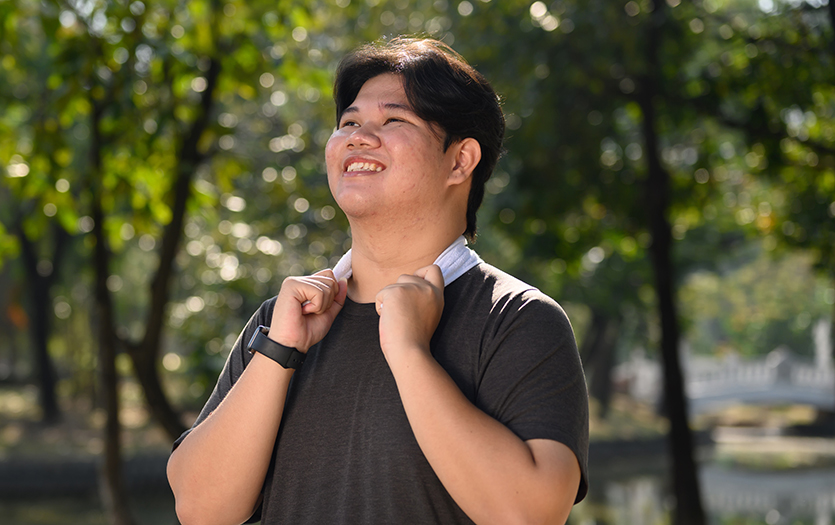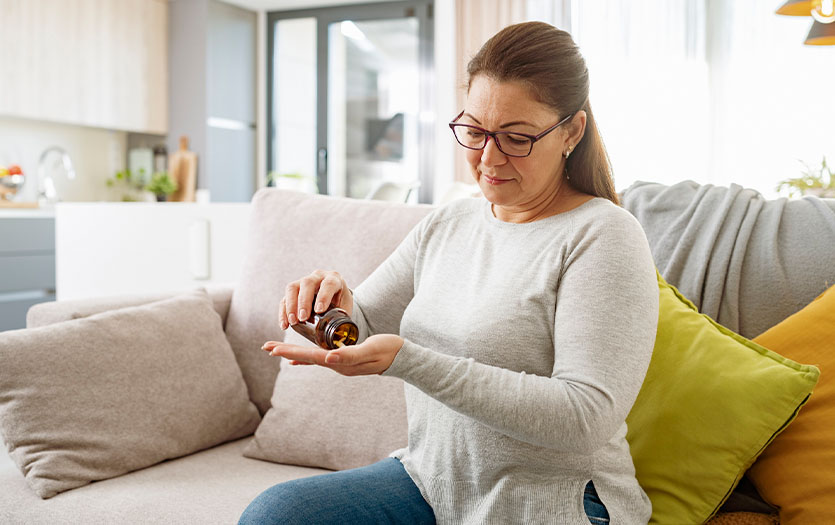.jpg)
This post was written by Rev. Ken Weaver, LCSW, LMFT, LCAC, Hospice Chaplain, Parkview Health.
“Oh, good grief,” was my reaction when the salesman told me that my favorite cell phone, a slider, couldn’t be replaced. “They’re not being made anymore, they’re a thing of the past,” the salesman said. This was not what I wanted to hear. This was big. You see, I try to stay on the “trailing edge” of our rush to get the newest and most capable technology. I like my slider. I can do everything I am accustomed to with it. I can make calls, receive voicemails, texts, email, access the web, get the weather forecast, use a calculator, check my calendar and many other things–all with a full keyboard. It’s so comfortable and so familiar.
But, as I stood in my local cell phone store, I knew what was coming, a pitch to buy the latest, most capable high-priced cell phone. I wasn’t worried though, I had my lines rehearsed, “No thank you, I like what I’m used to, and I don’t need the learning curve right now. I just want a phone like the one I have, thank you very much!”
As the salesman and I went around and around, his reply never changed, “I’m sorry, sir. Slider phones aren’t being made anymore. What you want isn’t possible.” So, with an “Oh, good grief!” I left the store with a mind full of questions: Why? Why now? Do I really have to face this? Now, what do I do? I was thrust into a situation I wasn’t comfortable with and it was hard.
Striking similarities
Now, obviously, a phone is nothing compared to the loss of a loved one or dear friend, but the questions are remarkably similar. Years ago, when I learned that my 69-year-old father had only hours to live, I had some of those same questions: Why? Why now? Do I really have to face this? What do I do next? How can I cope with this new reality I’m being thrust into? Will I ever be comfortable with life again?
Being in the presence of a dying loved one is gut retching. The news that someone has died is shocking, even when you’ve been forewarned and braced for the news. During my nearly 25 years as a hospice chaplain, I have helped many people walk through some difficult situations. I often say, “Death is so hard because life is so precious, but they come in the same package and we can’t have one without the other.” The grief or pain we feel, and the need to mourn that pain, is a huge deal, no matter how much we remind ourselves that living and dying is a normal part of life.
What does good grief look like?
Let’s look back at my “Oh, good grief”. Good grief is exactly what we all need to make it through the huge losses that life inevitably brings our way, and to be comfortable again in the new world we find ourselves in.
Good grief means having:
- Relationships: You’ll need all types of relationships to cope with and mourn grief effectively. You will need people who listen and share their time while respecting the uniqueness of your loss. You will need people who will be present with you without trying to change or take your grief away. You will need people who’ll be your helper when overwhelmed, but let you handle things alone when you want to. You will need people in your life who can become your emotional and spiritual encouragers when it’s all too much to shoulder by yourself.
- Time: To work your way through an effective mourning process that’s not just days or weeks, but months and years. You’ll need time to remember, to tell all the stories of your loved ones as often as you want and time to experiment and experience being yourself in a new and different world.
- Self-care: Making sure that taking care of yourself is a top priority, including sleeping well, being active, establishing new anchoring relationships and finding new life routines that work for you.
- Hope: Believing that life is good, no matter what you may be walking through, and knowing that there are still mountain top experiences in your life ahead.
If you or someone you love is dealing with grief, know that help is always available. Support can include phone calls, newsletters, individual counseling and group settings. For a support group near you, please call 260-373-9800.



